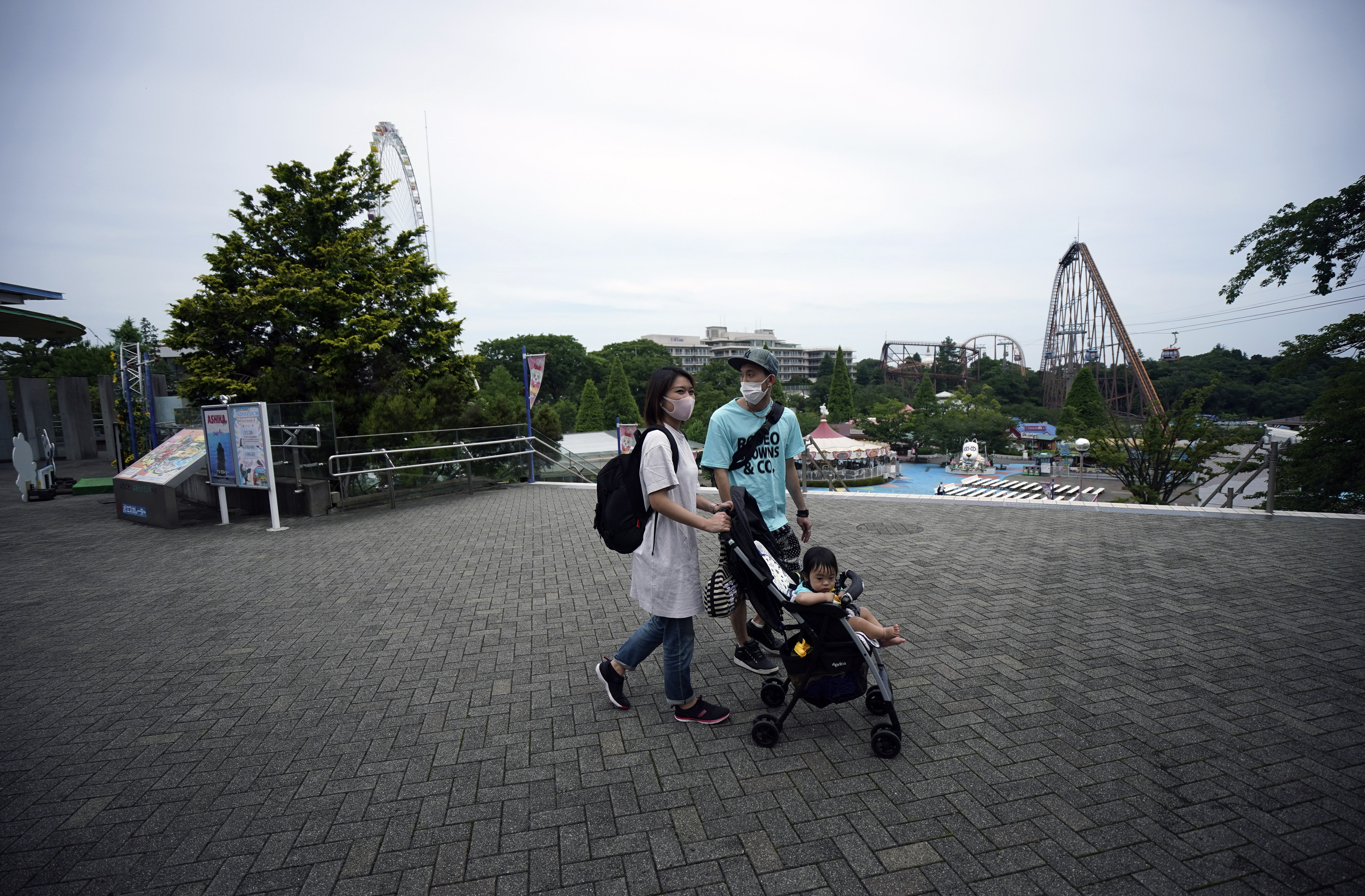When the coronavirus hit Japan, Mari Nagata, a single mother who works in a restaurant, had a lot of worries. Her children’s school closed, and she feared what would happen to them if she got sick.
But there was one thing that Nagata, unlike millions of service industry workers in the US, did not fret about: her job security. “I was able to relax and take time off” to focus on child care, said Nagata, 38, an assistant manager at a takeout restaurant in Tokyo.
The pandemic has devastated economies around the globe, shutting businesses and slowing spending. However, the fallout has been much more severe in some countries than others, and nowhere is that more apparent than in unemployment figures in the US and Japan.
The US jobless rate skyrocketed in the past three months, peaking at nearly 15 per cent in April and standing at 13.3 per cent in May. That is the highest level since the Great Depression.
In Japan, though, the number has barely budged. The unemployment rate has ticked up just two-tenths of a percentage point since February, to 2.6 per cent. Wages and working hours have also remained relatively stable.
A constellation of social, demographic and epidemiological factors in Japan has meant that the economic slowdown has not produced mass layoffs.
Before the pandemic, Japan’s shrinking and greying population had created one of the planet’s tightest labour markets. Even now, some companies are having difficulty finding workers, with more than 120 job openings for every 100 job seekers nationwide in April.
And Japan, unlike the US or China, has avoided a devastating spike in coronavirus cases, allowing it to keep more of its economy open. It asked businesses to close on a voluntary basis during a state of emergency that lasted a month and a half and ended in May.
In the US, “when the economy gets bad, people get laid off one after the other, and the unemployment rate shoots up”, said Tomohisa Ishikawa, director of the Macro Economic Research Centre at the Japan Research Institute. But for Japanese employers, “laying people off is difficult both psychologically and practically”.
Companies in Japan are more likely than their American counterparts to prioritise employees’ interests over those of shareholders, focusing on the sustainability of their business rather than maximising growth, said Naohiko Baba, chief Japan economist at Goldman Sachs.
“During good times, companies accumulate profits on their balance sheets by restricting rises in workers’ salaries,” Baba said. “During bad times, companies refrain from firing redundant workers by using retained earnings accumulated during good times, so that people can have secure jobs.”
There are also strong social expectations that Japanese companies will retain workers. Japan’s businesses are often tough on their employees, asking them to put in some of the longest hours in the world, but companies are expected to provide job security in return — in many cases, for life.
Violating that social contract can have severe reputational costs. In March, social media in Japan exploded with outrage after reports that employers had rescinded contract offers to 21 new graduates because of the pandemic.
Pro-labour attitudes have been reinforced by strong legal precedents built up since the end of World War II that prevent companies from laying off employees unless they can demonstrate they have no other choice.
In March, Nagata’s employer, Soup Stock Tokyo, committed to keeping all of its workers in jobs and fully paid.
The following month, the company put Nagata and her nearly 1,600 co-workers on furlough.
Japanese law requires businesses to pay furloughed employees 60 per cent of their wages. Soup Stock Tokyo made up the difference for Nagata and her co-workers by taking advantage of government subsidies and no-interest loans, part of a stimulus package aimed at softening the coronavirus’s economic damage.
For a little over a month, Nagata largely stayed home, participating in daily half-hour virtual meetings aimed at preparing for a return to business.
The company used the time to shift its business toward a delivery model and develop new products. In mid-May, just before the government lifted the state of emergency, Nagata returned to work.
New York Times News Service











